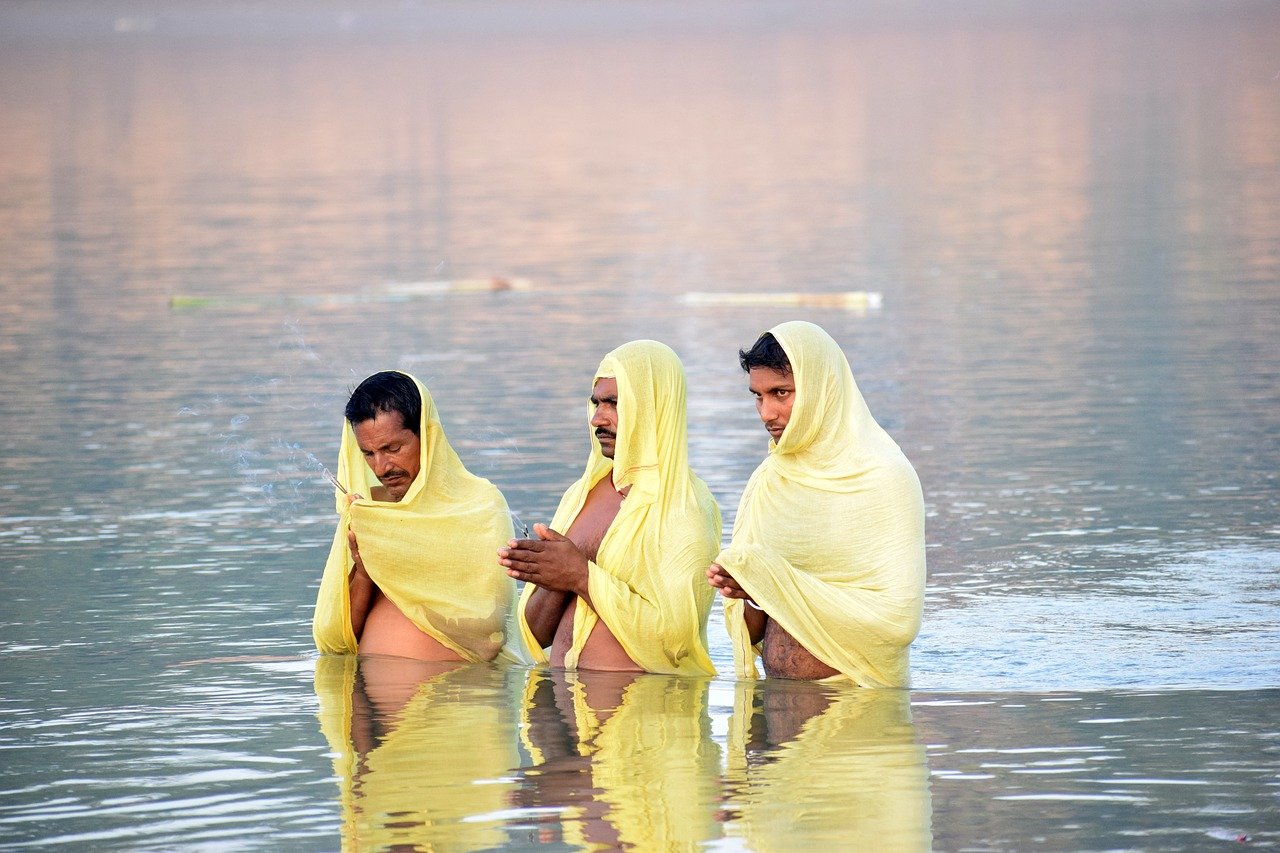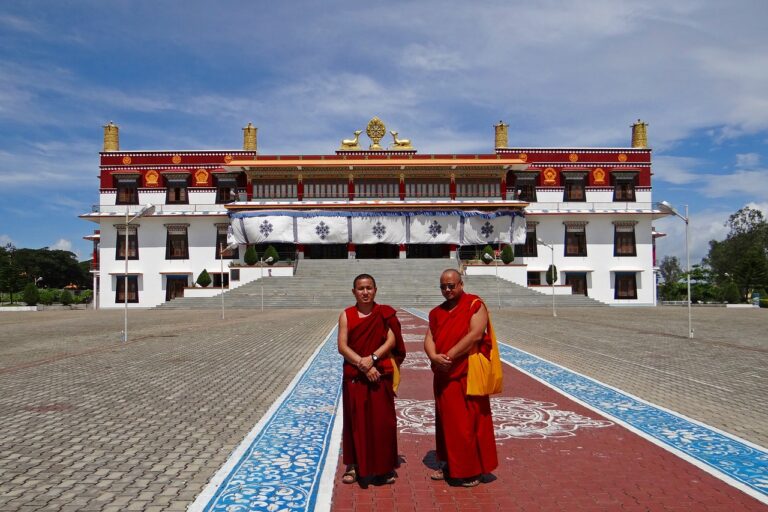Exploring the Impact of Supreme Court Decisions on Election Laws
The Supreme Court plays a pivotal role in shaping election laws in the United States. With the power to interpret the Constitution, the Court has the authority to decide on key issues surrounding voting rights, campaign finance, and redistricting. Through landmark decisions, the Supreme Court has established legal precedents that guide how elections are conducted at both the federal and state levels.
These decisions have a lasting impact on the electoral process, influencing not only how elections are run but also who has access to the ballot box. By interpreting the Constitution and federal laws, the Supreme Court has the ability to expand or restrict voting rights, alter the rules around campaign financing, and determine the legality of gerrymandering. As such, the Court’s decisions can have far-reaching consequences for the American democratic system as a whole.
Landmark Supreme Court Decisions on Election Laws
Marbury v. Madison (1803) established the principle of judicial review, granting the Supreme Court the authority to interpret the Constitution and determine the constitutionality of laws. This landmark decision solidified the Court’s role in checking the powers of the other branches of government, shaping the framework for future judicial rulings on election laws.
Another significant case is Baker v. Carr (1962), where the Court ruled that federal courts had the authority to intervene in state legislative apportionment issues. The decision established the “one person, one vote” principle, requiring that legislative districts be roughly equal in population size to ensure fair representation. Baker v. Carr marked a pivotal moment in the Court’s involvement in shaping election laws and protecting the voting rights of citizens.
Impact of Supreme Court Decisions on Voting Rights
The Supreme Court decisions have a profound impact on voting rights in the United States. These rulings shape the laws and regulations that govern how elections are conducted, who is eligible to vote, and what methods can be used to suppress or encourage voter participation. Each decision sets a precedent for future cases and influences the democratic process in significant ways.
Landmark cases like Shelby County v. Holder in 2013, where the Court struck down key provisions of the Voting Rights Act, have had far-reaching consequences. This decision weakened federal oversight of election practices in states with a history of voter suppression, leading to a rise in restrictive voting laws and heightened concerns about disenfranchisement among marginalized communities. The Supreme Court’s role in interpreting and sometimes redefining voting rights continues to be a critical issue in the ongoing debate over the fairness and accessibility of the electoral system.
• The Supreme Court decisions shape laws and regulations governing elections
• Rulings determine eligibility to vote and methods that can suppress or encourage voter participation
• Each decision sets a precedent for future cases and influences the democratic process significantly
Landmark cases like Shelby County v. Holder in 2013 weakened federal oversight of election practices, leading to a rise in restrictive voting laws
This decision heightened concerns about disenfranchisement among marginalized communities
The Supreme Court’s role in interpreting and redefining voting rights is a critical issue in the ongoing debate over electoral system fairness
What is the role of the Supreme Court in shaping election laws?
The Supreme Court plays a crucial role in interpreting the constitutionality of election laws and has the power to uphold or strike down legislation that affects voting rights.
Can you provide examples of landmark Supreme Court decisions on election laws?
Some notable Supreme Court decisions on election laws include Shelby County v. Holder (2013), which struck down key provisions of the Voting Rights Act, and Bush v. Gore (2000), which resolved the disputed presidential election.
How do Supreme Court decisions impact voting rights?
Supreme Court decisions can have a significant impact on voting rights by either expanding or restricting access to the ballot box. For example, decisions on gerrymandering or voter ID laws can directly affect who is able to participate in elections.
What can individuals do if they disagree with a Supreme Court decision on voting rights?
Individuals can advocate for legislative changes, support organizations that work to protect voting rights, and participate in grassroots efforts to promote fair and accessible elections. Additionally, they can support political candidates who prioritize voting rights issues.







